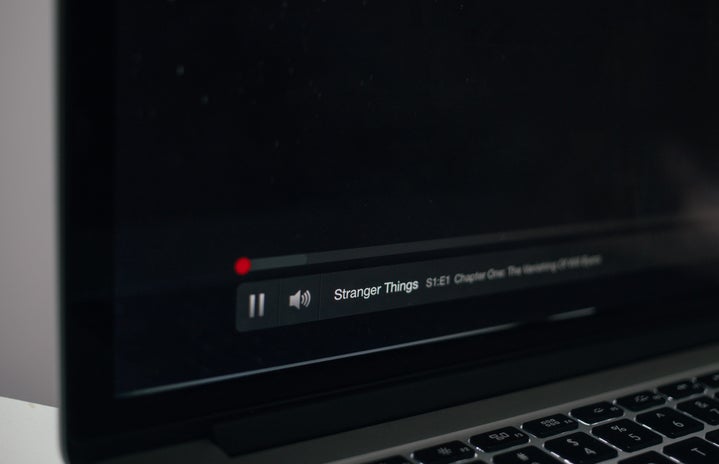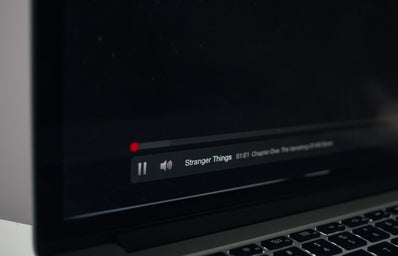You’ve probably heard about Netflix’s new film, Fyre, which uncovers the failed Fyre Festival and the con-man behind the infamous music event. The combination of iconic orange tile posts and a Kendall Jenner endorsement made Fyre Festival amazingly branded towards any Gucci slides wearing millennial that has $10K lying around. Fyre Fest’s ads were a cross between a Sandals commercial and a Sports Illustrated shoot, and in all honesty, even I wanted to go (and I hate leaving my house). What made Fyre so enthralling to watch wasn’t that it uncovered a morally and financially corrupt business, but it defined affluent millennials and their desire to be just like what they see on Instagram. The Fyre Fest’s marketing team knew that while sex sells, the fame and realism that social media communicates is what millennials salivate over.
What made the documentary especially enjoyable was the CEO of Fyre Festival, Billy McFarland. He was like a young Jordan Belfort (The Wolf of Wall Street), and at just 26, he was on his second ponzi scheme—he could organically cultivate a sheep-like work environment. In the film, he was shown partying with supermodels and riding around in Maserati’s; he truly was a professional frat boy. He represented the dream of every white millennial man in America, and it didn’t hurt that all of his coworkers in the film commented on his charisma and “great entrepreneurial skills”.
I couldn’t find a lot about McFarland on the internet because there really isn’t much about him online. According to his Wikipedia, both his parents are real-estate agents from New Jersey, and he dropped out of college his freshman year to start his own company. His evident goal of becoming a millennial Donald Trump had created the foreground of how he sells to his demographic and scams those just like him. He knew his market and understands the millennial generation, which is why Fyre Fest was so successful before the amusing cheese sandwich tweet.
All in all, the most important part about Fyre that truly makes it a fable for our generation is that Fyre Festival failed. Because it failed, we were able to mock McFarland and the ticket buyers because we finally have a reason to be grateful that we only have $100 in our savings account. When watching the testimonies from the scammed customers, you really couldn’t help but laugh at their privilege and the fact that these people really spent tens of thousands of dollars just to go to a music festival. Just like McFarland, these customers were enticed by a pipe dream that has accumulated in an Instagram society. Because we all know that these kids were gonna post all weekend long, ironically though, there definitely wasn’t WiFi.
Just like every generation, people were obsessed with the concept of “celebrity,” but because of how intimate social media feels, our generation is practically defined by social media’s convenience and accessibility. Our obsession with fame and money has escalated further than past generations, and this is easily understood by how Fyre Fest was marketed, nevertheless any product today. Fyre is a great example of how asinine our generation is when it comes to social capital and capitalistic brainwashing. At the end of the day, McFarland and the people that bought tickets were trying to live a lifestyle to impress others and parade an exterior that was deemed socially impressive. Just like every generation before and after us, human beings just want to feel like they belong, and they will do anything to achieve that— even if that means being stranded on a beautiful island with selfie sticks.
You can donate to the Exuma citizens, like Maryann Rolle, that were exploited in the construction of Fyre Festival here.



